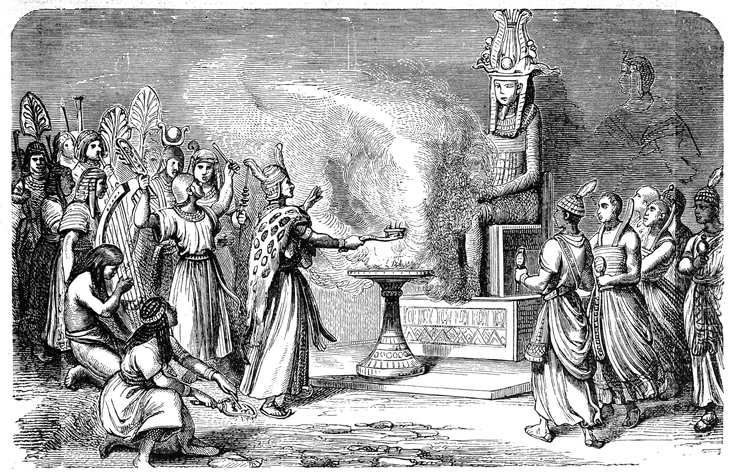“Take care you remain tranquil and do not fear; let not your courage fail.”
This line, from today’s first reading, perfectly sums up the saint whose memorial we celebrate today – Saint Kateri Tekakwitha – and also gives us a perfect attitude for the world we face today.
The first Native American to be canonized, Kateri displayed extraordinary courage throughout the whole of her life. Her parents and her little brother died of smallpox which also left Kateri disfigured and partially blind at four years old. Thanks to the presence of Jesuit missionaries in her community, she converted to Christianity at age 19. Although her uncle who was caring for Kateri did not formally oppose her conversion, it was met with disdain in her Native American community. Kateri also refused an arranged marriage, which was the norm for Native American women. Eventually, she left her village and began trekking on foot to Montreal, where she died of tuberculosis at the young age of 26. Finally, Kateri dedicated herself to virginity throughout her life and her virginity is recognized by the Church in today’s memorial.
What bold courage! No wonder Kateri made it all the way to the rank of a saint – overcoming great loss within her family, the obstacles she faced in her conversion, opposing her arranged marriage, dedicating herself to virginity, leaving her community and dying at a young age. Just one of those instances would require overwhelming fortitude, let alone all of them.
We find ourselves in the midst of unprecedented times, which demands great courage from us as well. COVID-19 does not seem to be going anywhere; instead, appears to be surging again in many of our states. The sin of racism continues to stain our country. Our political parties are violently opposed to each other in this election year, and so much more that I’m probably missing.
The first part of the Bible verse quoted at the beginning of this blog also says, “do not fear.” Fear, I believe, is just as prevalent as the issues stated above and, in the face of fear, we need courage. Courage to press forward. Courage to make change. Courage to love one another.
Today, how can we exemplify the courage shown by Saint Kateri Tekakwitha? Pray through this great saint, for an increase in this tremendous virtue of courage/fortitude.

Erin is a Cleveland native and graduate of the Franciscan University of Steubenville. Following graduation, she began volunteering in youth ministry at her home parish of Holy Family Church. Her first “big girl” job was in collegiate sports information where, after a busy two years in the profession on top of serving the youth, she took a leap of faith and followed the Lord’s call to full-time youth ministry at St. Peter Church. She still hopes to use her communication arts degree as a freelance writer and statistician, though. You can catch her on the Clarence & Peter Podcast on YouTube as well as follow her on Twitter @erinmadden2016.

















